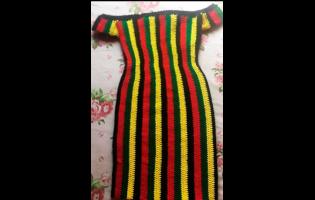How to: Get a divorce in Jamaica
Rosheika Grant
The decision to end a marriage means a couple is likely to commence the divorce process, which can be a long process. Divorce is the termination of the legal duties and responsibilities associated with marriage between the parties.
In this article, we examine the processes involved in obtaining a divorce in Jamaica.
1. An estranged couple needs to show that there has been an "irretrievable breakdown" of the marriage in order to get a divorce. They will also need to show that there has been one year of continuous separation between them. Interestingly, a couple can live in the same house and still be deemed as being separated. However, the court is obliged to enquire whether the parties have attempted counselling and whether there is any possibility of reconciliation.
2. Under the new Civil Procedure Rules, divorce can be sought without an attorney; however, it is advisable to get the assistance of an attorney or visit the Legal Aid Clinic for assistance. Lawyers can provide support by drafting the divorce petition, obtaining the marriage certificate, lodging the petition in court, and serving the petition on the respondent. The lawyer or legal aid can assist in drafting documents outlining the plans for the care of children if children were conceived in the marriage. They can also request that the divorce be granted without a hearing and assist in negotiating for the settlement of property.
3. The next step is to file the petition for the Dissolution of Marriage. The individual initiating the divorce is called the 'petitioner', while the other marriage partner is known as the 'respondent'. The petition must then be served on the respondent
4. If the respondent does not challenge the divorce, he/she can apply for the decree nisi. A decree nisi is a legal document that confirms that the divorce court sees no reason why the couple cannot divorce.
5. If the decree nisi is granted, six weeks later, the individual can then apply for the decree absolute, which is the final order in divorce proceedings. The decree absolute is the legal document that declares the marriage completely null and void and grants permission to both parties to remarry if they so wish.
6. If the respondent wishes to contest the divorce, the divorce process can be delayed. A hearing is then set by the court and the petitioner may be required to prove all the facts set out in the petition. It is at that time that the court will be focused on whether there has been separation for one continuous year and whether there is in fact an irretrievable breakdown of the marriage with no possibility of the couple resuming cohabitation.
7. Issues of custody of children, maintenance, and division of matrimonial property can be done at the same time when one files a divorce.







































